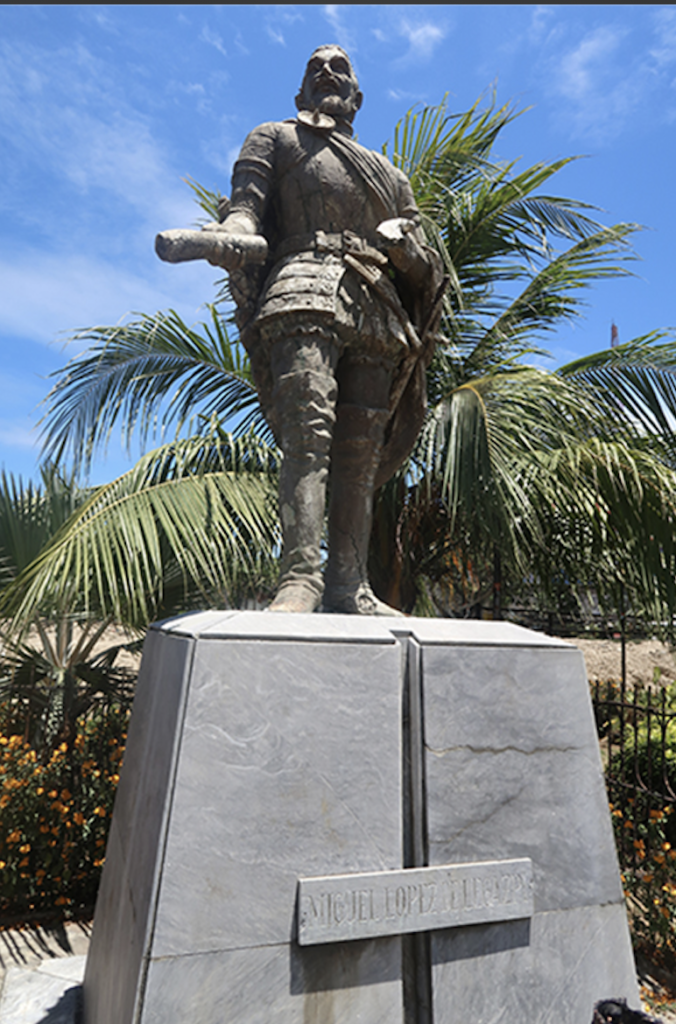Joaquim Magalhães de Castro
Marramaque, “seeing himself lost and without remedy”, prepared for the Iberian counterpart, going so far as to offer “everything he wanted.” What is certain is that Marramaque fell into the spotlight – in the opinion of Couto, who certainly had a certain esteem for that military man – because he thought that the opponent “had a heart as clean and simple as his.” Pure deception.
Legazpi, a born conqueror, heir to the policy of iron and fire applied in the lands of the New World, when he saw himself with power, “changed his purpose.” Feeling deceived, but always conciliatory and diplomatic, Marramaque sent a letter reminding the Portuguese primacy over such areas. The Spaniard replied: he wouldn’t leave. However, he was ready, “as a vassal of a king with a close kinship to his lord,” to contribute with two hundred of his soldiers to help the Portuguese in the endemic conflicts on the island of Ambon – Marramaque’s raison d’être in those parts. He even offered boats to travel separately from the Portuguese, “in order to avoid disagreements, due to the old rivalries” that the nations had with each other.
When trying to set in motion the new and ingenious ruse (a kind of Trojan horse revisited in the waters of the Pacific), Legazpi showed great wit. In other words, the supposed helpers, led into the the pot of cloves and nutmeg, the “gold of the Orient,” at the first opportunity would take possession of the strategic locations in the Maluku Islands, freeing them from their rivals in the ocean and neighbors on the old continent, as they later tried to do, on three occasions, on the island of Tidore, albeit unsuccessfully.
Regarding the naivety (not to mention something else) demonstrated by Gonçalo Pereira Marramaque throughout the process, Diogo do Couto makes the assertive and wise comment: “His attitude is very strange, as the captains were always aware of the malice and fraud of their enemies, and were more cautious with it than with the weapons.” And what was most convenient for Gonçalo there was to visit the Christian communities of Ambon, the result of the missionary work of the Jesuits, as that was the core of his mission. Let us remember in this respect the anonymous chronicle mentioned here last week, alluding to the change of plans of the Captain-General, who instead of going to punish “the great insults and offenses that were made to the Portuguese and residents of Ternate, and to the Christians of Ambon, and to the Churches of Our Lord Jesus Christ,” he chose to address Cebu.
The anonymous chronicler, whose writing quality surprises positively, is quite critical in this regard when he points the blame to the nobleman “for not complying with the rules” that had been given him by the Viceroy.


 Follow
Follow


